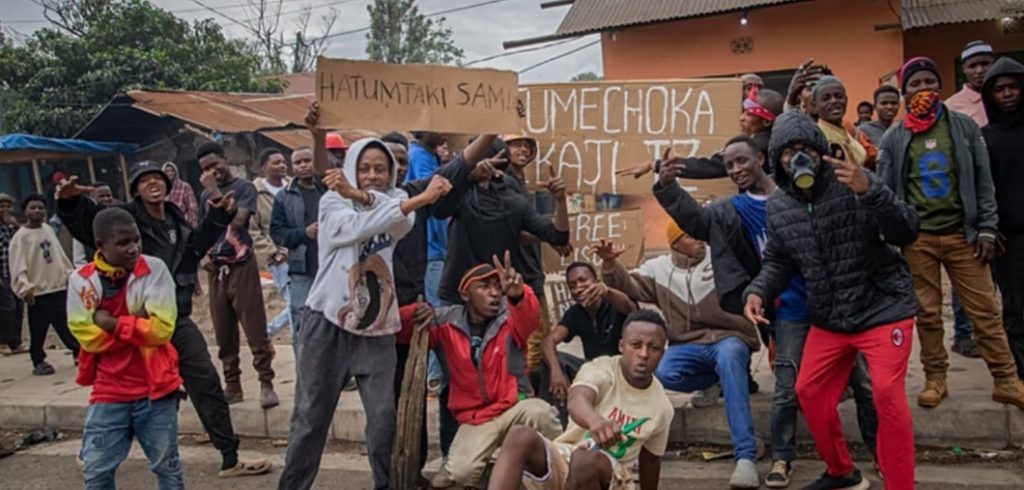
Ofure Akhigbe
Tanzania treason charges have intensified the country’s post-election crisis, as prosecutors on Friday accused dozens of people of plotting to disrupt the disputed Oct. 29 vote.
According to the charge sheet, 76 suspects were charged with Tanzania treason charges and criminal conspiracy for allegedly seeking to obstruct the electoral process “for the purpose of intimidating” authorities in Dar es Salaam, the nation’s commercial hub.
The Tanzania treason charges come amid mounting unrest following an election that international observers said fell short of democratic standards. Security forces have been accused of using lethal force to suppress riots and opposition protests, with the main opposition party, Chadema, claiming that more than 1,000 people were killed. The party further alleged that security agencies have secretly disposed of bodies to conceal the true death toll.
President Samia Suluhu Hassan, who came to power in 2021 after the death of her predecessor, secured more than 97% of the vote, according to the official tally. Her main rivals, Tundu Lissu of Chadema and Luhaga Mpina of ACT-Wazalendo, were barred from contesting in what rights groups described as a repressive environment marked by arrests, disappearances, and extrajudicial killings — allegations the government denies.
The African Union (AU) said this week that its observer mission found the election “did not comply with AU principles, normative frameworks, and other international obligations and standards for democratic elections.” AU observers reported ballot stuffing and multiple ballot issuance at several polling stations, saying the overall atmosphere was “not conducive to peaceful conduct and acceptance of electoral outcomes.”
As tensions rise and international concern grows, the Tanzania treason charges have become a symbol of the nation’s deepening political turmoil and the uncertain path toward restoring public trust in its democratic institutions.
